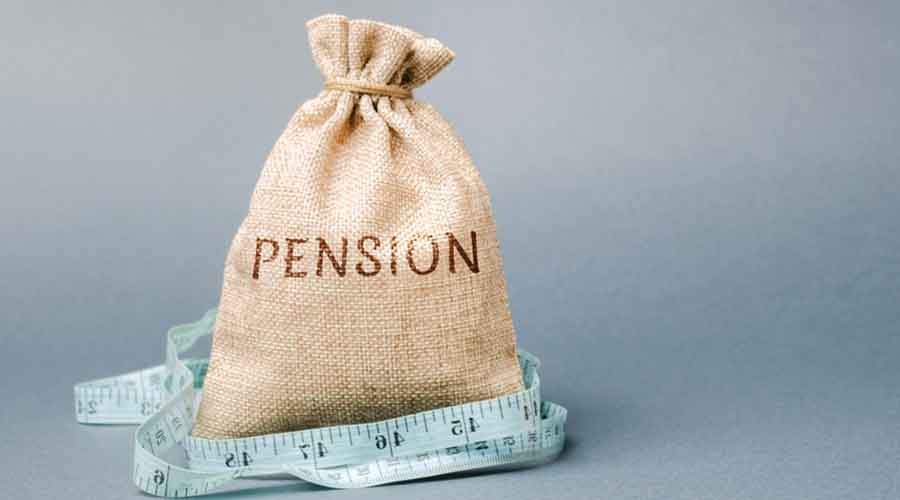A review mission of the central government has suggested that the monthly pension for the elderly “may be respectfully revised” from the current amounts that range from Rs 200 to Rs 500.
Under central schemes, people aged between 60 and 79 receive a monthly pension of Rs 200 from the ministry of rural development and those aged 80 and above get Rs 500.
The sum has remained unchanged since 2007.
The Common Review Mission (CRM), set up by the ministry to look into the implementation of rural development schemes, has recommended increasing the pension under the National Social Assistance Programme (NSAP). There have been demands over the past 10 years for an increase, but the ministry has dithered.
The CRM, headed by retired bureaucrat Aruna Sharma, visited Andhra Pradesh, Arunachal Pradesh, Gujarat, Himachal Pradesh, Jharkhand, Karnataka, Nagaland and Jammu and Kashmir in February this year. The ministry released the CRM report recently.
“The NSAP is well implemented in the majority of the states, overall beneficiaries number is high…. The amount of pension is supplemented by state schemes to make the pension amount reasonable,” the report said.
“It is felt that amount of pension may be respectfully revised from the existing Rs 200-500,” the report recommended. The NSAP has three subschemes.
The Indira Gandhi National Old Age Pension Scheme provides a monthly amount of Rs 200 to below-poverty-line persons aged 60 to 79 years.
The Indira Gandhi National Disability Pension Scheme provides a monthly amount of Rs 300 to those above 18 years with a minimum disability level of 80 per cent.
The Indira Gandhi National Widow Pension Scheme provides Rs 300 to widows over 40. After attaining the age of 80, all of them across categories get Rs 500 per month as pension.
Several states add from their own coffers to the central pension amount.
The government had set up a group of ministers to consider a proposal to raise the pension amounts under the NSAP.
The GoM rejected the proposal earlier this year, saying the states are taking the credit for the pension by adding some amount.
N.K. Sahu, a retired Indian Economic Service officer and researcher associated with the Inferential Survey Statistics and Research Foundation, a research organisation on welfare schemes, said keeping the pension the same meant a gradual decline in people’s purchasing ability.
“The value of money has depreciated heavily going by any inflation index. So the purchasing power with the same money has gone down now,” Sahu said.
Siraj Dutta, an activist associated with the Right To Food Campaign, said elderly people had no other source of income than depending on social security pension.
“India’s rank on the global hunger index is lower than its neighbours. The immediate step to address hunger and malnutrition is to enhance the pension amount so that people can eat a little better,” Dutta said.











